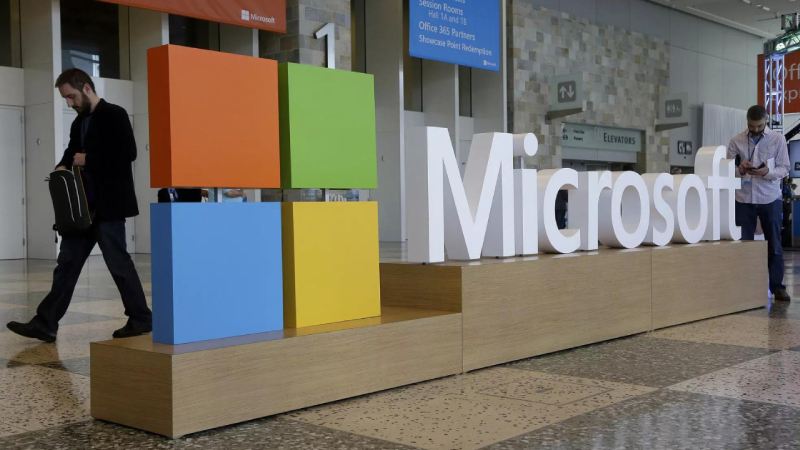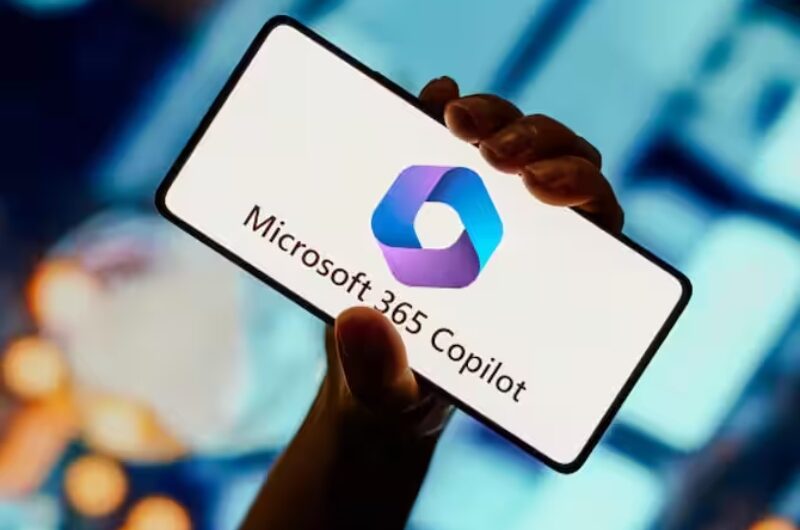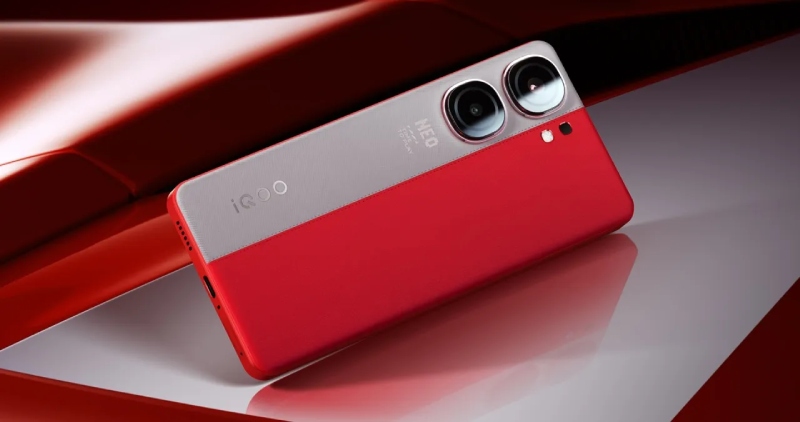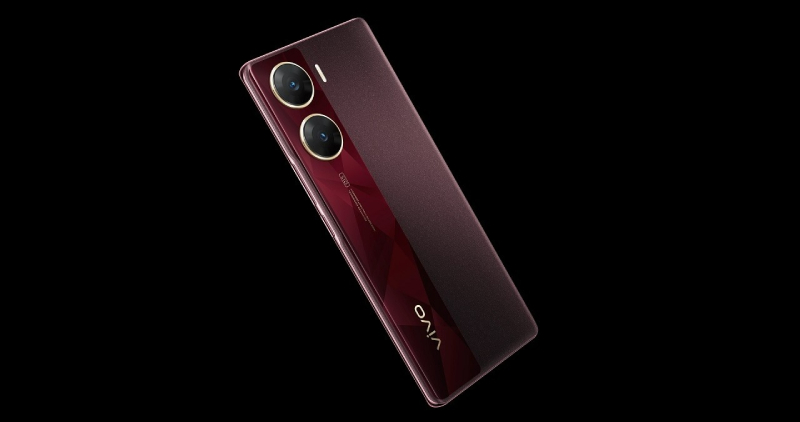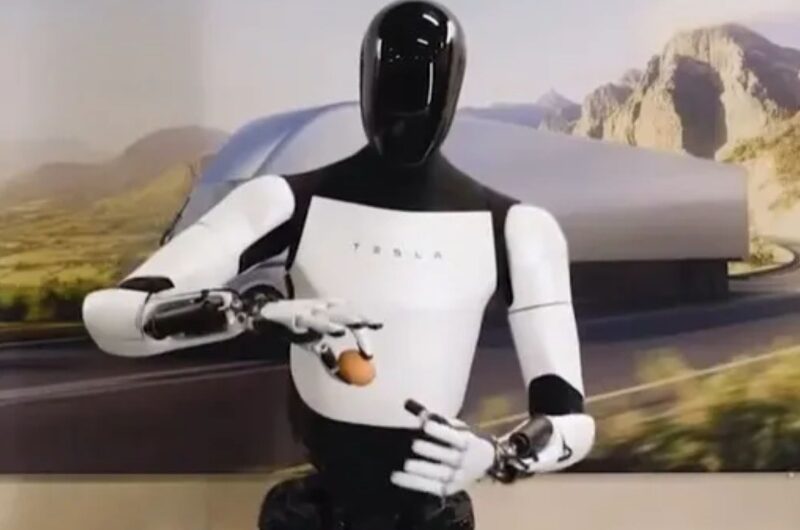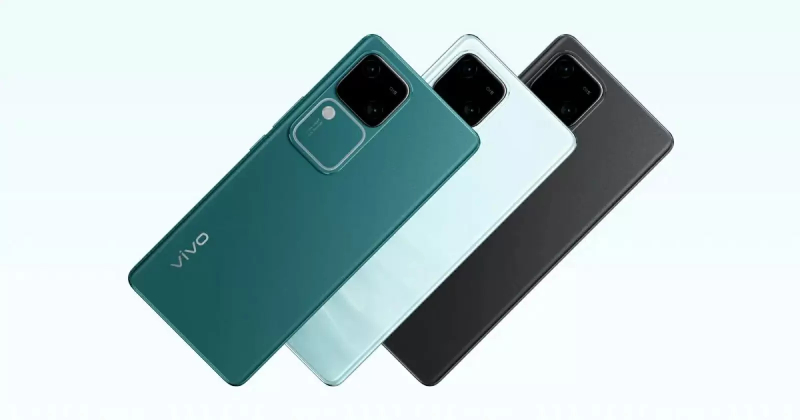Microsoft Corp. said to protecting users of its AI products from claims of copyright infringement in an effort to allay customers’ worries about using its AI “Copilots” to create content based on previously published works.
As long as users have “used the guardrails and content filters we have built into our products,” according to Hossein Nowbar, general counsel, corporate legal affairs, and corporate secretary at Microsoft, the Microsoft Copilot Copyright Commitment will safeguard users. Microsoft stated that it had taken steps to ensure that its Copilots respect copyright and agreed to pay any associated penalties or settlements.
When our consumers utilize our products, “we believe in supporting them,” Nowbar stated. “We charge our commercial customers for our Copilots, so if their use raises legal concerns, we should take care of that instead of making our customers responsible for it.”
Applications that use generative AI scoop existing information like artwork, essays, and computer code and use it to create new content that can automate or simplify numerous kinds of tasks. Microsoft is incorporating the technology, created with partner OpenAI Inc., into several of its most important products, including Office and Windows, potentially endangering the legal rights of users.
Currently, authors, software developers, and other creatives are filing lawsuits or raising issues to the unauthorized usage of their works. Lawyer and programmer Matthew Butterick filed a case alleging that Microsoft’s GitHub partner had violated open-source software development rights. Additionally, a class action lawsuit has been filed against OpenAI and Microsoft by a group of unnamed plaintiffs who say the companies are taking “vast amounts” of personal data in order to use it to train AI models in a callous effort to increase profits.
Although the judge has indicated doubt over several aspects of the case, news organizations are considering their own complaints, comedian Sarah Silverman has sued OpenAI and Meta Platforms Inc., and artists are suing AI picture generators Stability AI and Midjourney in a San Francisco court.
The fair use of copyrighted works, a legal justification that permits the use of content under specific circumstances, may come under additional review as a result of generative AI. A May Supreme Court decision in favor of a photographer who claimed the Andy Warhol estate had inappropriately utilized her work to produce 16 photographs of the late musician Prince has confused the fair-use doctrine itself.
Microsoft has used legal protection in the past to sway customers in its favor. In an effort to set itself apart from Linux and other producers of open-source software, the company offered indemnification to partners and ultimately customers who used or sold its software in the 2000s. In 2017, Microsoft, who was already a vendor of open-source software, made the offer to defend Azure cloud product users against legal claims.
In June, the firm released a tool that helps users in making sure the AI applications they run on Microsoft platforms comply to local and international legal requirements. Additionally, Adobe Inc. provided legal protection against copyright infringement to users of its AI technologies earlier this year.
Topics #AI #Artificial intelligence #Bill Gates #Microsoft #New technology #software
